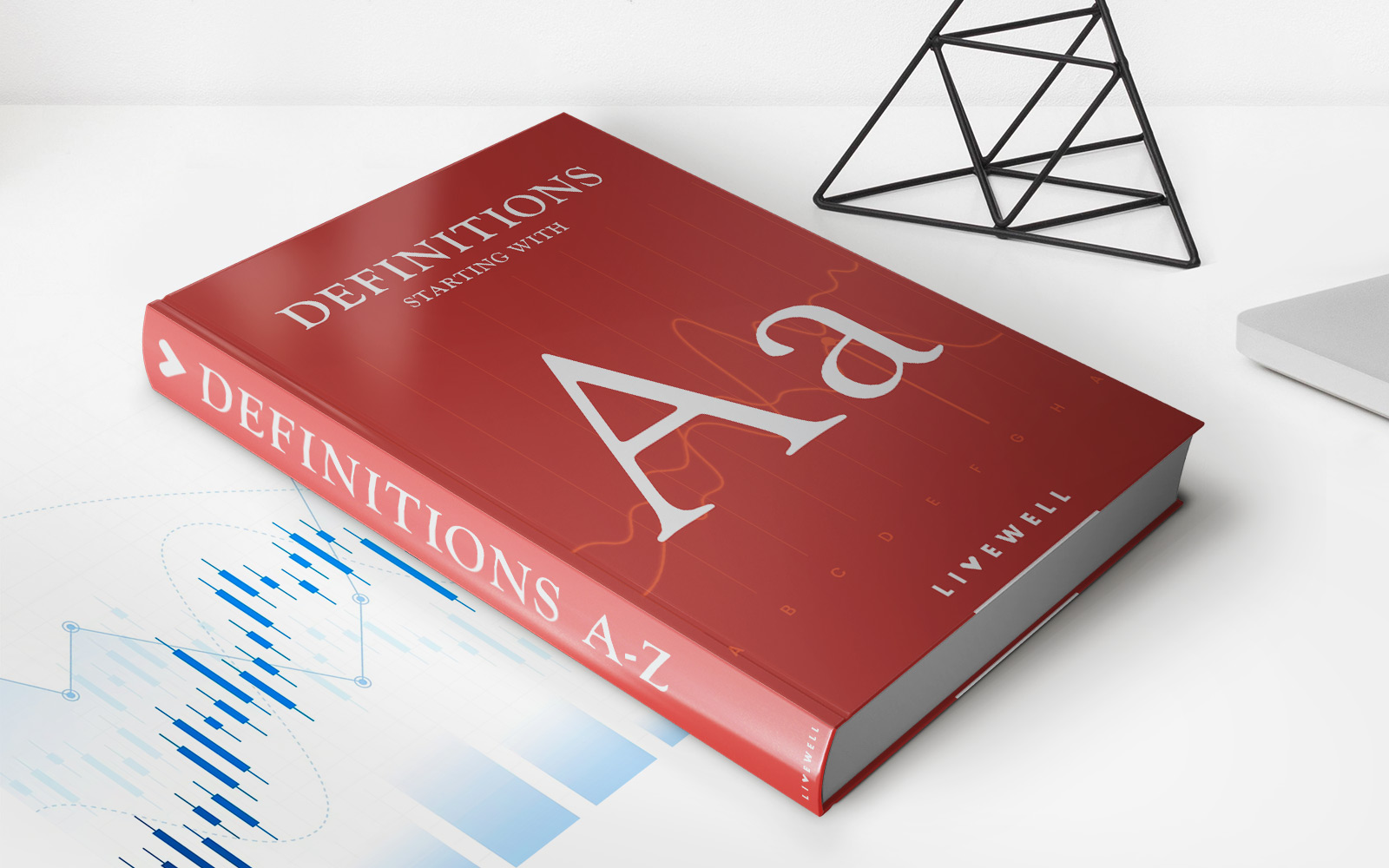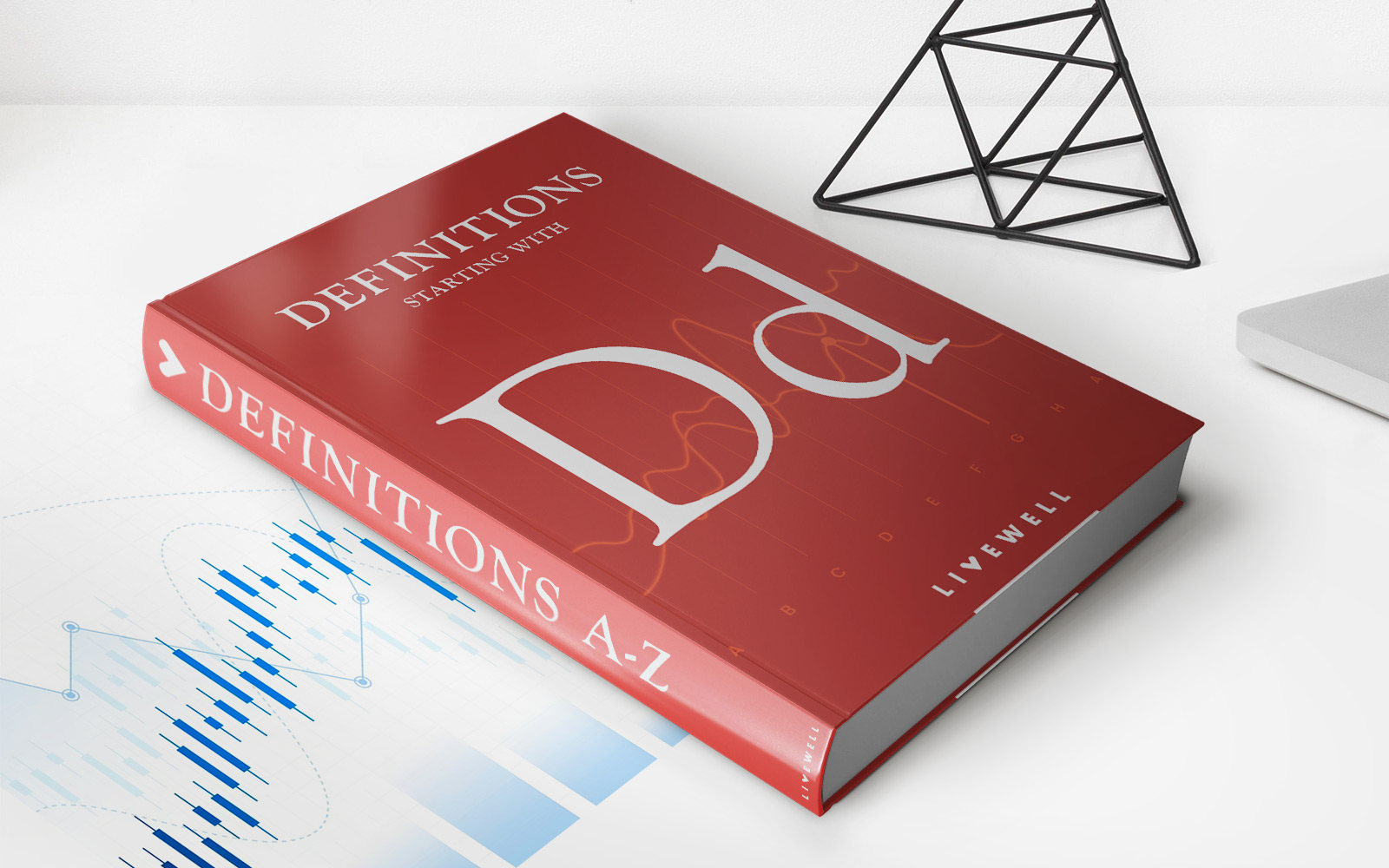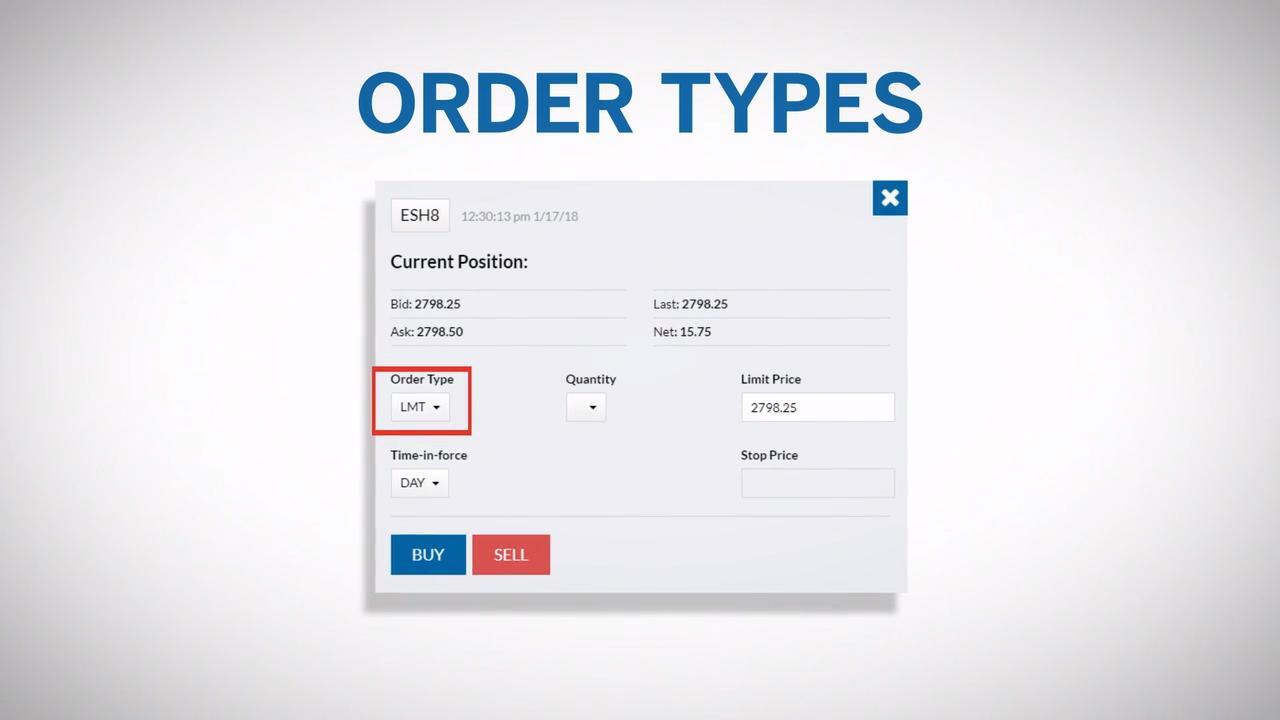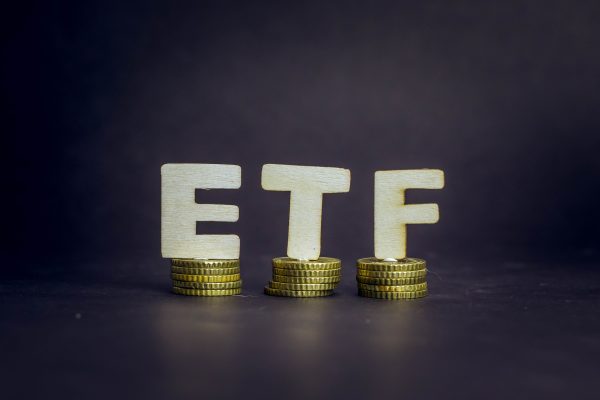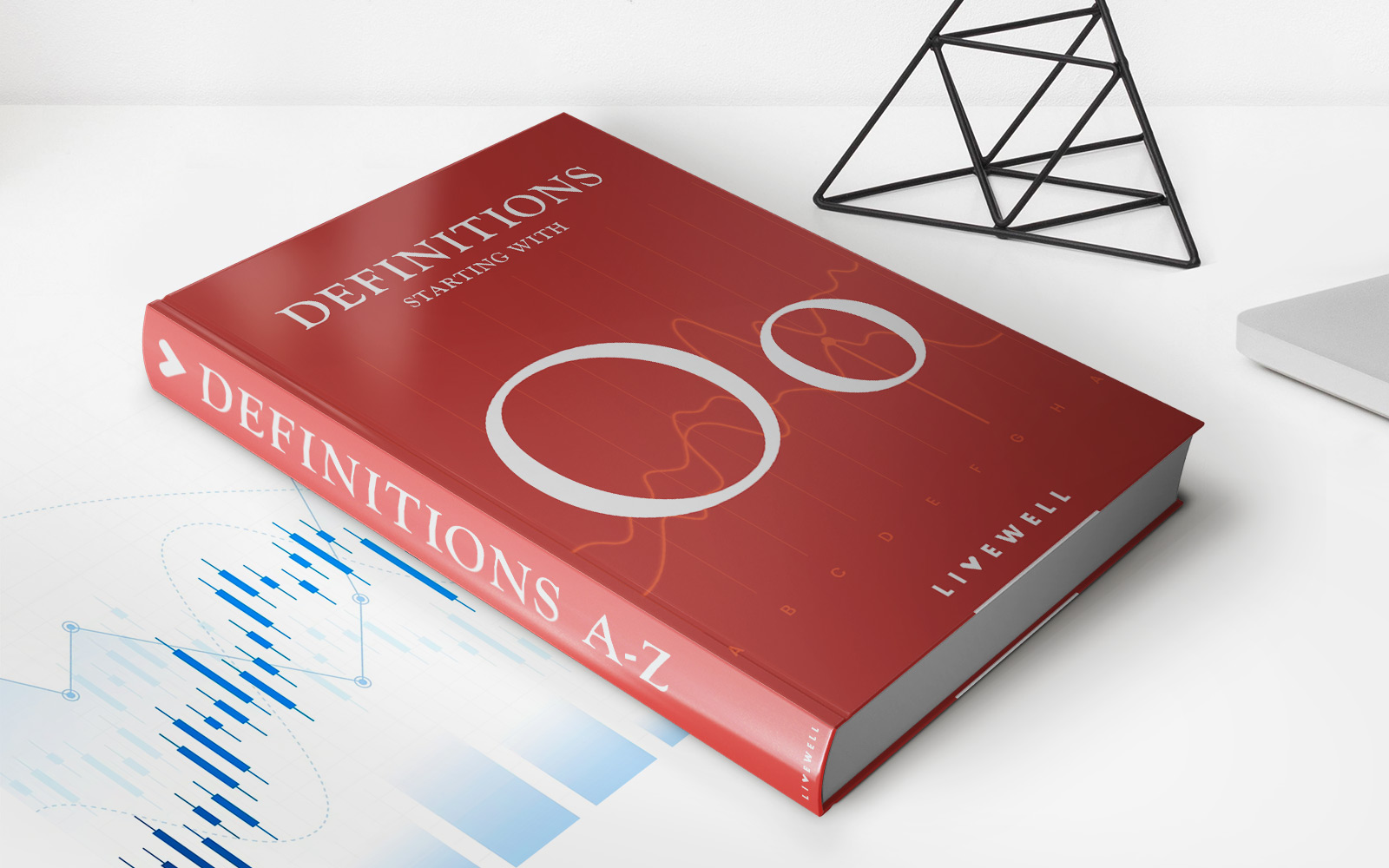

Finance
Orderly Market Definition
Published: January 4, 2024
Discover the meaning of an orderly market in finance, its significance, and how it impacts trading activities. Gain insights into maintaining stability and fairness in financial markets.
(Many of the links in this article redirect to a specific reviewed product. Your purchase of these products through affiliate links helps to generate commission for LiveWell, at no extra cost. Learn more)
Unlocking the Secrets of Orderly Market Definition
When it comes to the world of finance, understanding key concepts is crucial for making informed decisions. One such concept that often gets overlooked is Orderly Market Definition. If you’ve ever wondered what exactly an orderly market is or how it is defined, you’ve come to the right place. In this blog post, we will delve into the intricacies of orderly market definition and explain why it is important for investors and financial professionals alike.
Key Takeaways:
- An orderly market refers to a market condition in which security prices are stable and trades are executed smoothly.
- Orderly market definition involves various factors, such as liquidity, transparency, and fair pricing.
What is Orderly Market Definition?
Orderly market definition can be understood as the set of criteria that determine whether a market is functioning efficiently or not. In an orderly market, security prices are stable, trades are executed smoothly, and investors have confidence in the market’s integrity. The concept focuses on maintaining fair and efficient trading conditions to protect the interests of all participants involved.
To determine whether a market meets the criteria for orderly market definition, several factors are taken into consideration:
- Liquidity: Liquidity refers to how easily and quickly a security can be bought or sold without significantly affecting its price. In an orderly market, there should be sufficient liquidity to accommodate trading needs and prevent excessive price volatility.
- Transparency: Transparency is crucial in order to foster investor confidence. A transparent market provides clear and timely information about trades, prices, and other market-related data. This allows investors to make informed decisions based on accurate and reliable information.
- Fair Pricing: Fair pricing ensures that securities are valued accurately based on market conditions and supply and demand dynamics. It prevents market manipulation and ensures that investors are treated equitably.
Why is Orderly Market Definition Important?
The concept of orderly market definition is essential for investors, financial professionals, and regulators for several reasons:
- Investor Protection: An orderly market provides a safe and reliable environment for investors to participate in. It reduces the risks associated with trading, such as excessive price fluctuations or fraudulent activities.
- Efficiency: The presence of an orderly market ensures efficient trading and price discovery. This allows investors to buy and sell securities at fair prices, improving market efficiency as a whole.
- Regulatory Oversight: Regulators utilize orderly market definition as a framework to monitor and enforce fair trading practices. It helps in maintaining market integrity and prevents market abuse or manipulation.
In conclusion, understanding and applying orderly market definition is crucial for investors and financial professionals who want to navigate the complex world of finance with confidence. By focusing on liquidity, transparency, and fair pricing, an orderly market ensures the smooth functioning of trading activities and protects the interests of all participants involved. So, the next time you come across the term “orderly market,” you’ll have a clear understanding of what it entails.

